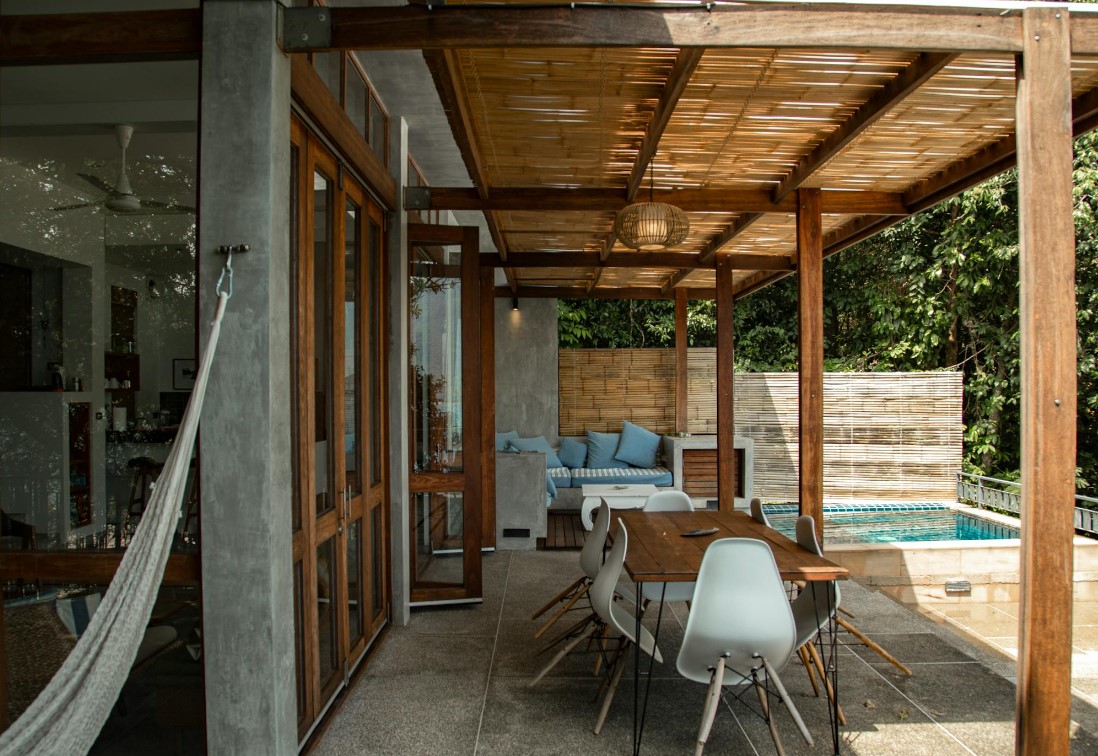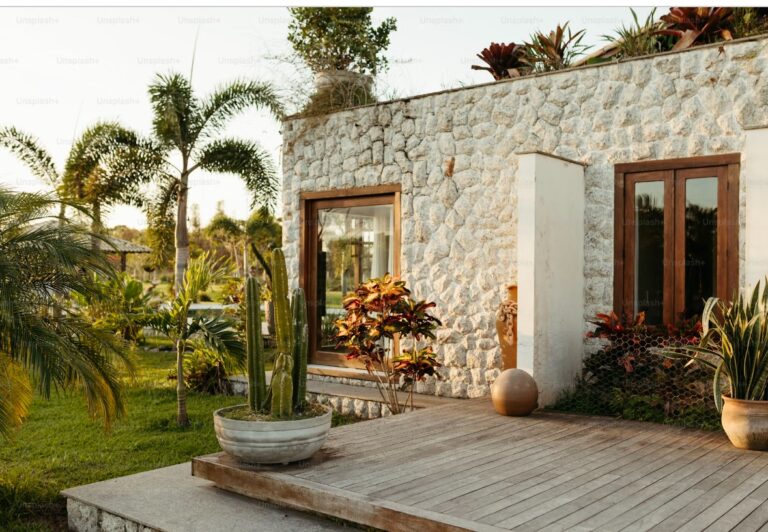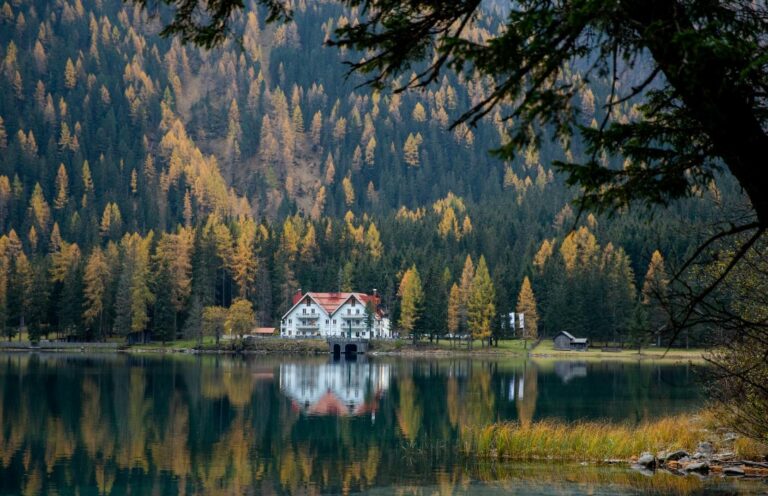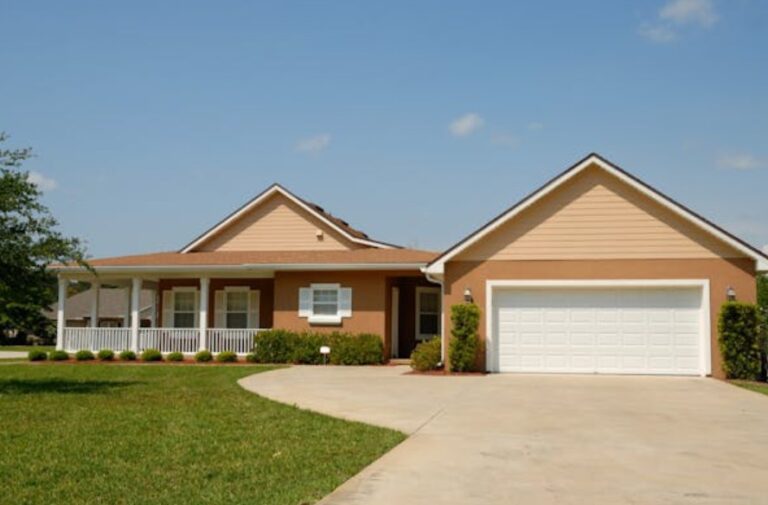Legal Requirements & Licenses Required to Start a Holiday Cottage Business in the UK
Last Updated on
Starting a holiday cottage business in the UK can be a rewarding venture, offering tourists a cozy, home-like accommodation option while providing you with a steady income stream. However, to ensure a smooth operation and compliance with legal standards, it’s essential to understand the legal requirements and licenses necessary for this business. This guide will help you navigate the legal landscape and establish a successful holiday cottage business.
Understanding the Legal Framework for Holiday Cottage Business
Overview of Property Law and Ownership
Before setting up a holiday cottage business, you must ensure that the property you intend to use complies with all relevant property laws. This includes verifying ownership or lease agreements and ensuring there are no restrictions on using the property for commercial purposes.
Compliance with the Renting Homes (Wales) Act 2016
If your holiday cottage is in Wales, you need to comply with the Renting Homes (Wales) Act 2016. This act outlines the rights and responsibilities of landlords and tenants, ensuring a fair and transparent rental market.
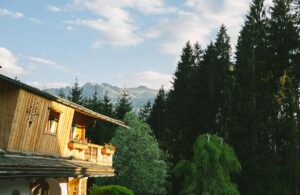
Planning and Zoning Laws
Understanding Local Council Planning Permissions
Securing the necessary planning permissions from your local council is crucial. This process involves submitting detailed plans of your property and its intended use as a holiday cottage. Planning permissions ensure that your property meets local zoning laws and does not negatively impact the surrounding area.
Change of Use Requirements
Depending on the current classification of your property, you may need to apply for a change of use. This process involves converting a residential property to a commercial holiday let, which may require additional permissions and adherence to specific regulations.
Building Regulations Compliance
Any alterations or renovations to the property must comply with building regulations. These regulations ensure that the property is safe, energy-efficient, and accessible. This includes fire safety measures, structural integrity, and adequate facilities.
Health and Safety Regulations
Health and Safety at Work Act 1974
The Health and Safety at Work Act 1974 requires you to ensure the safety and well-being of your guests. This involves conducting risk assessments, implementing safety measures, and maintaining a safe environment.
Fire Safety Regulations
Compliance with fire safety regulations is essential. This includes installing smoke detectors, providing fire extinguishers, and having a clear evacuation plan. Regular fire safety checks and maintenance are also necessary to ensure guest safety.
Gas and Electrical Safety
You must ensure that all gas appliances and electrical installations are safe and regularly inspected. This includes obtaining Gas Safety Certificates and Electrical Safety Certificates from qualified professionals.
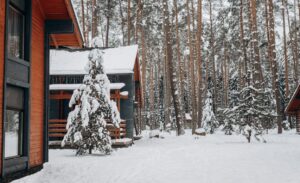
Licensing Requirements for Holiday Cottage Business
Obtaining a Holiday Letting License
In some regions, you may need to obtain a specific holiday letting license from your local council. This license ensures that your property meets the required standards for holiday accommodation, including safety, hygiene, and guest comfort.
License Application Process and Fees
The application process for a holiday letting license involves submitting detailed plans of your property, demonstrating compliance with all relevant regulations, and paying an application fee. The fee varies depending on the local council and the size of your property.
Duration and Renewal of Licenses
Licenses are generally valid for one to three years, depending on your council’s regulations. Regular renewals require re-inspection and potentially additional fees to ensure continued compliance with all standards.
Insurance Requirements
Public Liability Insurance
Public liability insurance is essential for protecting your business against claims of injury or damage caused to guests. This insurance covers legal fees and compensation claims, providing peace of mind and financial security.
Building and Contents Insurance
Building and contents insurance protects your property and its contents against damage or loss. This includes coverage for natural disasters, theft, and vandalism. Ensure that your policy covers commercial holiday let use.
Employer’s Liability Insurance
If you employ staff, you are legally required to have employer’s liability insurance. This covers claims made by employees who suffer work-related injuries or illnesses.
Taxation and Financial Reporting
Registering for VAT
If your annual turnover exceeds the VAT threshold, you must register for VAT. This involves charging VAT on your rental income and submitting regular VAT returns to HMRC.
Business Rates
Holiday cottages are subject to business rates, which replace council tax for commercial properties. Contact your local council to assess the rateable value of your property and determine the amount payable.
Keeping Accurate Financial Records
Maintaining accurate financial records is essential for tax reporting and business management. This includes recording rental income, expenses, and submitting annual tax returns.
Data Protection and GDPR Compliance
Handling Guest Information
As a holiday cottage owner, you will handle personal information about your guests. Compliance with the General Data Protection Regulation (GDPR) involves securing this data, obtaining consent for its use, and ensuring it is used appropriately.
Data Security Measures
Implementing data security measures, such as encryption and secure storage, protects guest information from unauthorized access. Regularly reviewing and updating these measures helps maintain compliance and protect guest privacy.
Additional Considerations for Holiday Cottage Business
Accessibility and Inclusivity
Ensuring your holiday cottage is accessible to guests with disabilities can enhance your business’s appeal. This includes providing accessible facilities and ensuring your property meets the requirements of the Equality Act 2010.
Marketing and Advertising Regulations
Complying with marketing and advertising regulations involves providing accurate and honest information about your property. This includes clear descriptions, accurate pricing, and transparent booking policies.
Sustainability Practices
Implementing sustainable practices, such as energy-efficient appliances and waste reduction measures, can improve your business’s environmental impact. Promoting these practices can also attract eco-conscious guests.
Related Article: How to start a Holiday Cottage Business in UK?
Frequently Asked Questions (FAQs)
What are the steps to apply for a holiday letting license?
To apply for a holiday letting license, contact your local council, complete the application form, submit the required documentation, and pay the applicable fees. An inspection of your property will be conducted before the license is granted.
Do I need planning permission to convert my property into a holiday cottage?
Yes, you may need planning permission to convert your property into a holiday cottage, especially if it involves a change of use or significant alterations. Contact your local council for specific requirements.
What are the fire safety requirements for holiday cottages?
Fire safety requirements include installing smoke detectors, providing fire extinguishers, and having a clear evacuation plan. Regular fire safety checks and maintenance are also necessary to ensure guest safety.
How can I ensure my holiday cottage complies with health and safety regulations?
Conduct regular risk assessments, implement safety measures, and ensure all gas and electrical installations are safe and regularly inspected. Maintaining high standards of cleanliness and hygiene is also essential.
What insurance do I need for my holiday cottage business?
Essential insurance policies include public liability insurance, building and contents insurance, and employer’s liability insurance if you employ staff. Ensure your policies cover commercial holiday let use.

